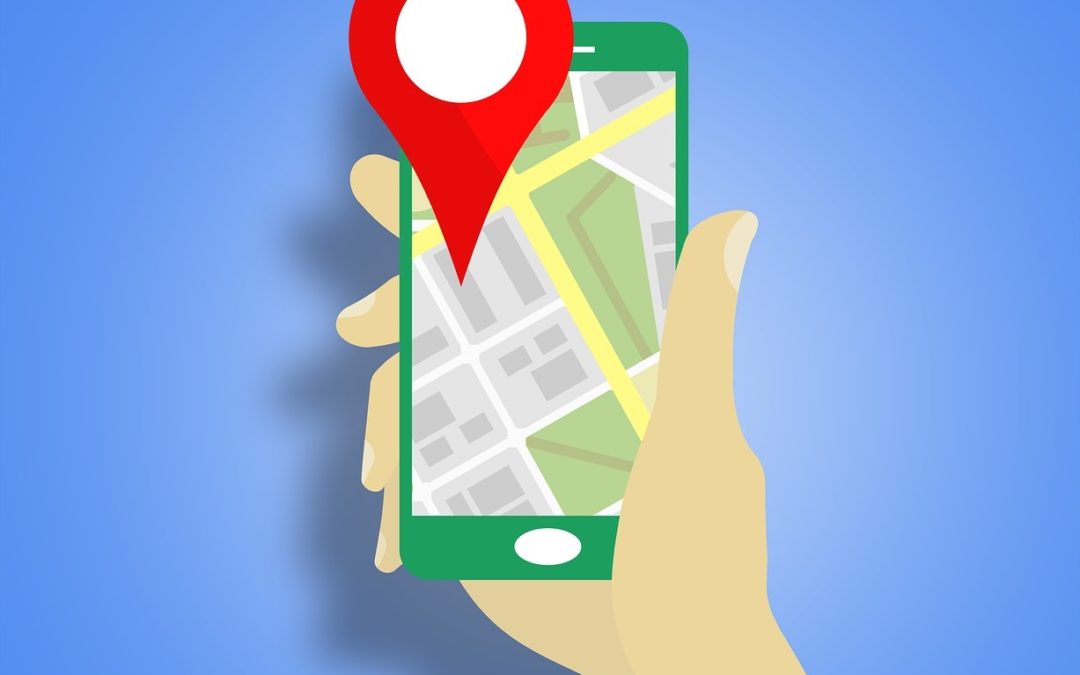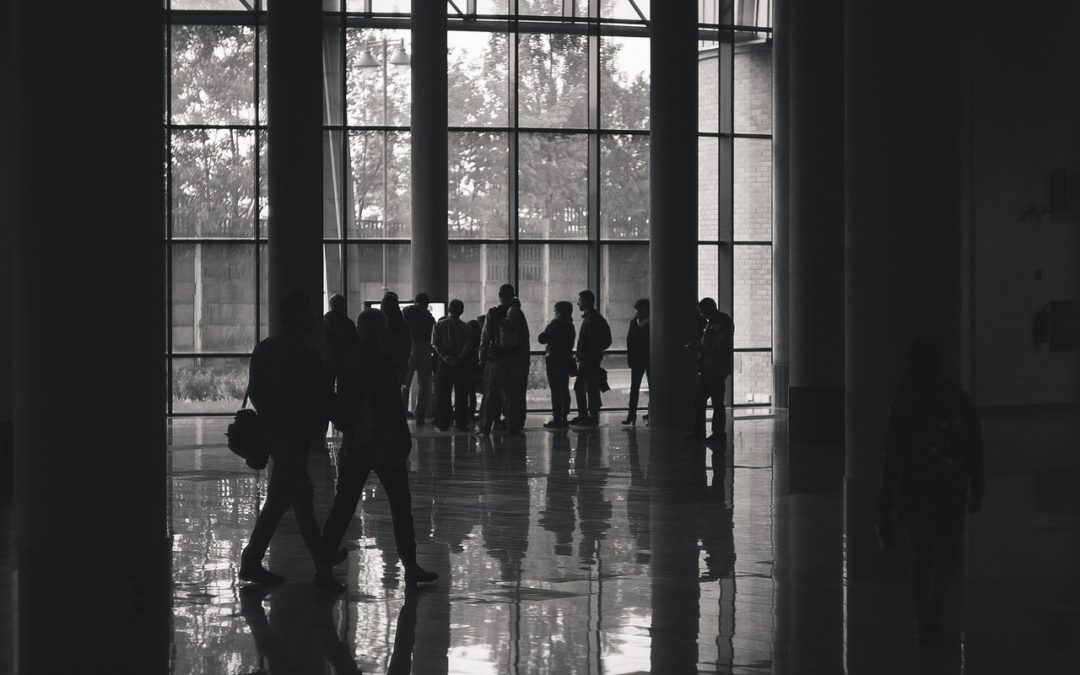Recently a young woman in America was fired from her job in a Texas Bank because her engagement photos were deemed inappropriate for a “family-oriented” company. The photos were uploaded to social media by the photographer and were tasteful and professional; the man was topless with a pair of jeans on and the woman wore a swimming costume that was pulled down but her breasts weren’t shown.
The ex-employee said, “I gave over a year to a company that I worked really hard for and then to have them turn on me for doing something so positive, something that I was so proud of — to help myself as a woman — it was hurtful.”
The bank’s decision to fire pregnant Stephanie (who is over 20 weeks pregnant) not only raised huge concerns for her wellbeing (she lost her maternity leave and insurance which in America is a major necessity) but it also raised questions about how employers look at social media.
Although social media is a great place to see the full picture of a person, details obtained from a personal site should be discussed with your employee, if you believe that, even though their content may not show them doing anything illegal but you feel is inappropriate or affects the company, talk to your employee about privacy rules and have a professional conversation about what they share online.
Here at Neotas, we investigate an individual’s social media footprint and online presence in search of illegal activity, discriminatory behaviour and evidence of undisclosed information. We do not hack, steal or invade the individual’s privacy nor do we judge or manipulate their online personal life. Our findings are based on workplace safety issues and vulnerability concerns for both the individual and the hiring company. Specifically, our staff screening provides clients with a report that delves deeper and provides insights and facts that current database checks fail to unearth – not just the single photo that one person might not like!










